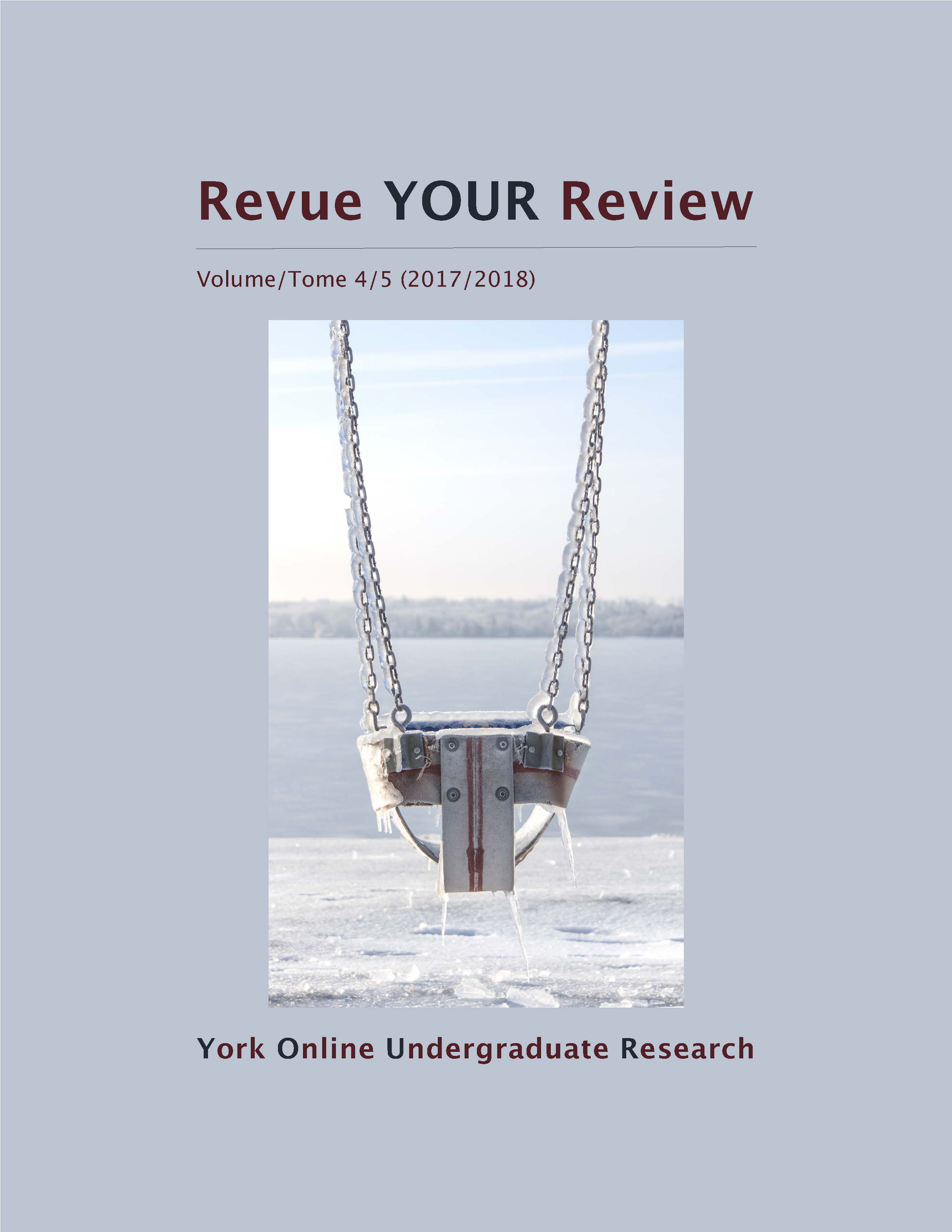The Cognitive Benefits of Multilingualism on the Executive Function of Inhibition
Abstract
Multilingual individuals have been observed to possess enhanced cognitive capabilities in comparison to monolingual individuals. In this study, we compared the abilities to inhibit automatic, obvious answers between monolingual and multilingual individuals. It was hypothesized that monolinguals will have more difficulty inhibiting automatic correct answers than multilinguals. Forty-five monolinguals and 44 multilinguals were assessed for cognitive control. Participants were shown 24 individual images of a coloured object (e.g., shown a green apple) and were simultaneously told the colour of the depicted object (e.g., the experimenter said, “green apple”). For half the shown objects, the colour mentioned was the same as the colour shown (e.g., a green apple is shown and the experimenter relays “green apple”) and for the other half, the colour depicted was different from the colour relayed (e.g., a red apple is shown and the experimenter relays “green apple”). Participants had to evaluate whether the image matched the verbal description and say the incorrect answer; if the image depicted matched the relayed statement, the participant had to say “false” (e.g., seeing an image of a green apple and hearing “green apple”) and if the image depicted did not match the relayed statement the participant had to say “true” (e.g., seeing an image of a red apple and hearing the statement “green apple”). Multilingual individuals performed significantly better on the inhibition task compared to monolingual individuals (t(87) = 9.8, p < 0.0001, d = 2.08). These results corroborate past findings that multilingual individuals show enhanced cognitive control required in inhibition. The acquisition and maintenance of many languages appear to be of significant benefit to cognitive abilities.
Downloads
Published
How to Cite
Issue
Section
License

This work is licensed under a Creative Commons Attribution-NoDerivatives 4.0 International License.
Authors contributing to Revue YOUR Review agree to release their articles under one of three Creative Commons licenses: Creative Commons Attribution 4.0 International; Creative Commons Attribution-NonCommercial 4.0 International; or Creative Commons Attribution-NoDerivatives 4.0 International. All editorial content, posters, and abstracts on this site are licensed under Creative Commons Attribution-NoDerivatives 4.0 International. For further information about each license, see:
https://creativecommons.org/licenses/
In all cases, authors retain copyright of their work and grant the e-journal right of first publication. Authors are able to enter into other contractual arrangements for the non-exclusive distribution of the e-journal's published version of the article (e.g., post it to an institutional repository or publish it in a book or in another journal), with an acknowledgement of its initial publication in this e-journal.


